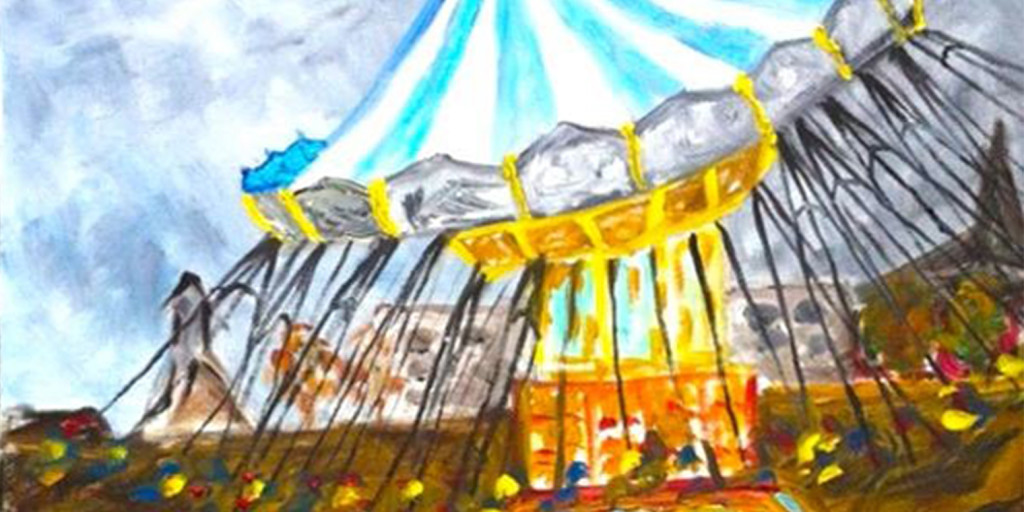The term Alienation rouses clashing sentiments, divides opinions, gives rise to discussions and criticism, and yet there is no denying that there is no other term to define children who are influenced by one parent against the other: these children are indeed Alientated. We could prefer to speak of abused or influenced children, but the point is that that is as far as we can go with definitions. Rather, we should be asking the following question: what kind of adults will children who were raised in hatred, rejecting their mother or father, grow up to be? Society is not still, time passes for everyone; today’s children will one day become adolescents and eventually adults. The immobilism we are forced into seems instrumental in ruminating over the question of PAS yes PAS no, instead of looking beyond, wondering what will become of these families in which contempt seems to hold sway? What will become of all the youngsters who, in such relationships which are imposed upon them by one of their parents, they have found nothing other than a place where to complain, blame and reproach their parents for what they are not and what they do not give, instead of respecting the roles and bonds that no-one will ever have the power to break?
When children are taken away from one of their parents at a very young age, they grow up with an inner void that is difficult to fill, brimming with anger for their mommy’s or daddy’s betrayal, which no child could ever tolerate. Because children believe what their parents tell them! Hearing daddy criticise mommy because she is sad or tired, or hearing mommy say bad things about daddy because he works too much and is never around or because he is too strict … being dragged into courtrooms where, in spite of their young age, they have to hear long speeches or arguments involving lawyers … being torn, having to decide between mommy and daddy … is not all this unnatural?
And when instead it all begins during adolescence, what will the all-powerful young person who judges a parent make of his or her arrogance when confronted with the parent who is scorned and debased? Will it become and integral part of his or her personality that will turn into violence unless it is countered or curbed? Or will the young person identify with the weaker parent, running the risk of falling into depression?
We are starting to see children and adolescents who feel they have superpowers: they never want to be contradicted, they feel they can blackmail the parent who is overpowered by the stronger one, and they conveniently demand from the latter financial advantages and benefits. And if they do not get their way they can turn to the authorities, and whoever opposed them will be punished! Not to speak of the alliance with the richer parent!
In other cases there are children and adolescents who, by refusing to be negatively influenced by one parent against the other, become split: when they are with daddy they are how daddy wants them to be, and when they are with mommy they are how she wants them to be. But where are they really? We often find them withdrawn into a closed world of their own, where they feel safe; an isolated and at times obsessive world.
All those youngsters who allied themselves with one of the parents or were taken away from the family when they were very little will one day be “free”; as adults, they will be left to their own devices, grappling with their resentments, voids, past destabilizations. These adults, in their own turn, will have to be able to build a family of their own, pass on values and fulfil themselves in a stable job. Where will they find the inner strength to accomplish all this? How will they do it if, as is often the case, they have internalized the values of power and money?
When these once children/adolescents come out of the gilded cages created by the hatred of one parent against the other who, through deceit and/or with money, made them feel privileged, or of foster homes which, with the exception of cases of serious violence or squalor, are used as safe havens, will they be able to become reintegrated into reality? Far away from so many absurdities?
Will those once children/adolescents take the hand that the mother or father who has always waited for them reaches out to them? Or will their anger prevail, because that parent was unable to protect them from the other parents’ anomaly? From the absurdity of an inverted life?
I believe that the blood bond between children and parents is unbreakable, that no-one can obliterate the other, that normality does not mean cutting out of our life someone that we cannot choose: our children and our parents.
